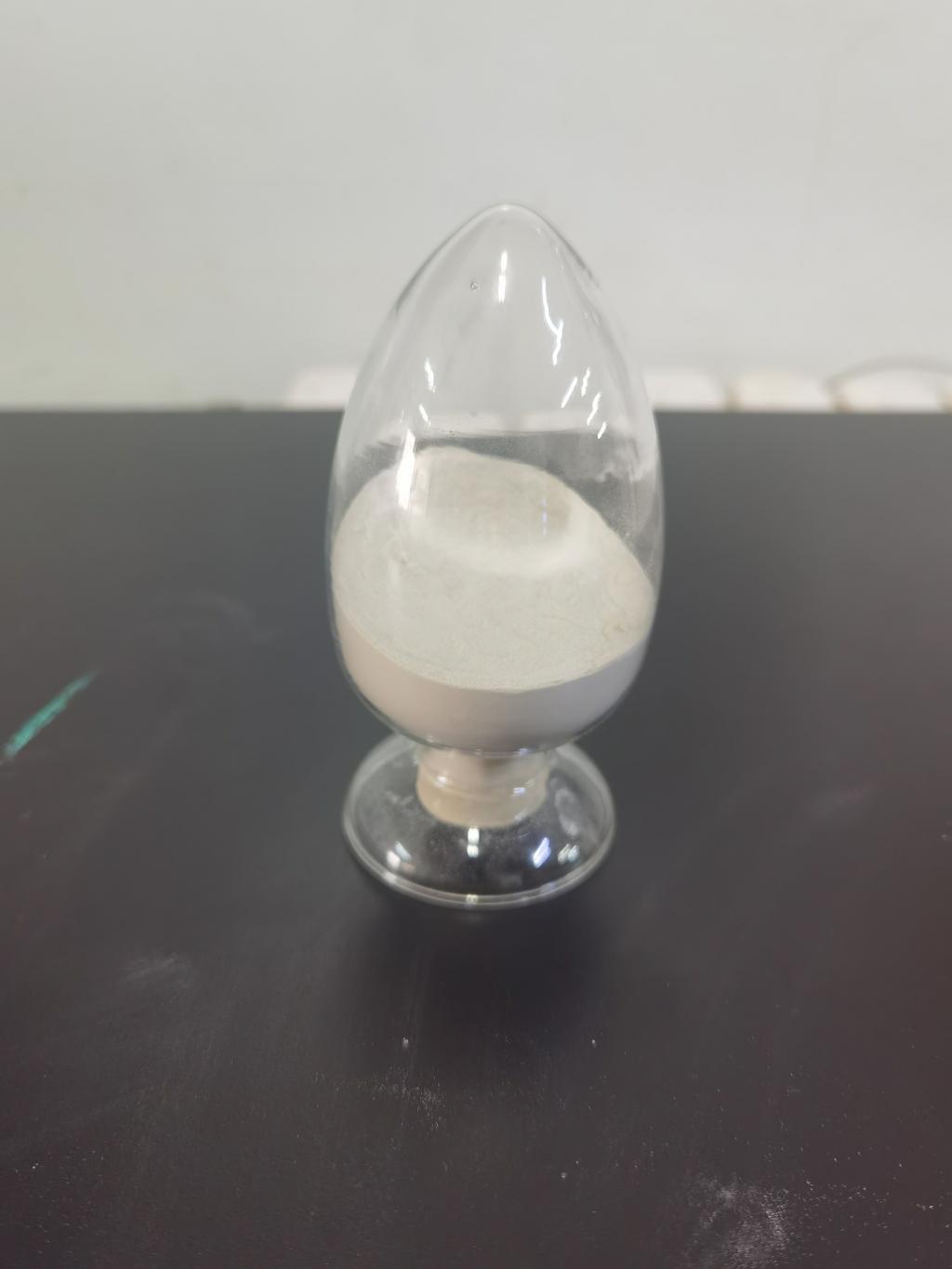Tel:+8618231198596

News
 CONTACT
CONTACT
 CONTACT
CONTACT
- Linkman:Linda Yao
- Tel: +8618231198596
- Email:linda.yao@dcpharma.cn
- Linkman:CHARLES.WANG
- Department:Overseas
- Tel: 0086 0311-85537378 0086 0311-85539701
News
Research is examining nisin’s impact on reducing spoilage in high-moisture dairy alternatives.
TIME:2024-10-23
Understanding High-Moisture Dairy Alternatives
High-moisture dairy alternatives are often made from a variety of plant sources, such as almonds, oats, soy, and coconut. While they offer many nutritional benefits, including lower calories and fat content compared to traditional dairy, their high moisture content creates an ideal environment for microbial growth. Spoilage microorganisms, including bacteria, yeast, and mold, can lead to off-flavors, texture degradation, and potential food safety issues, ultimately affecting consumer acceptance and product viability.
Nisin: A Natural Antimicrobial Solution
Nisin is a small peptide with potent antimicrobial properties, particularly against Gram-positive bacteria. Its primary mode of action involves binding to lipid II, an essential component of bacterial cell walls, leading to cell lysis and inhibition of cell wall synthesis. Nisin is recognized for its effectiveness in various food matrices, including those with high moisture content. Its safety and efficacy make it an attractive option for food manufacturers seeking to enhance the preservation of their products.
Nisin’s Role in Reducing Spoilage in High-Moisture Dairy Alternatives
Inhibition of Pathogenic and Spoilage Microorganisms: Nisin has demonstrated efficacy in inhibiting a range of spoilage organisms commonly found in dairy alternatives, such as Listeria monocytogenes, Bacillus cereus, and various molds. By reducing the microbial load, nisin helps extend the shelf life of high-moisture products, ensuring that they remain safe for consumption over a longer period.
Preservation of Sensory Qualities: The presence of spoilage microorganisms can lead to undesirable changes in flavor, aroma, and texture. By controlling microbial growth, nisin can help maintain the desirable sensory qualities of high-moisture dairy alternatives, allowing consumers to enjoy fresh-tasting products.
Extended Shelf Life: The incorporation of nisin into high-moisture dairy alternatives can significantly prolong shelf life, reducing the frequency of spoilage and waste. This is particularly advantageous for commercial producers, as it allows for greater distribution and minimizes economic losses associated with unsold perishable products.
Consumer Acceptance: Nisin is a natural preservative, which aligns with the growing consumer preference for clean-label products. As consumers increasingly seek out dairy alternatives without synthetic additives, the use of nisin can enhance product appeal while ensuring safety and quality.
Challenges and Considerations
Despite the promising benefits of nisin in high-moisture dairy alternatives, there are challenges to its application. Optimal concentrations of nisin must be determined for different products, as excessive amounts may impact flavor or other sensory attributes. Additionally, regulatory considerations and consumer perceptions regarding the use of preservatives in food will need to be addressed. Continued research is essential to optimize nisin’s use in various formulations and to evaluate its effectiveness in different storage conditions.
Conclusion
Nisin presents a valuable solution for reducing spoilage in high-moisture dairy alternatives. Its ability to inhibit pathogenic and spoilage microorganisms, preserve sensory qualities, and extend shelf life aligns with the growing demand for safe and high-quality plant-based products. As the market for dairy alternatives continues to expand, the integration of nisin into these products could play a crucial role in enhancing food safety, minimizing waste, and meeting consumer expectations. Ongoing research will further elucidate the potential of nisin, ensuring its position as a key player in the preservation of high-moisture dairy alternatives in the food industry.
- Tel:+8618231198596
- Whatsapp:18231198596
- Chat With Skype







